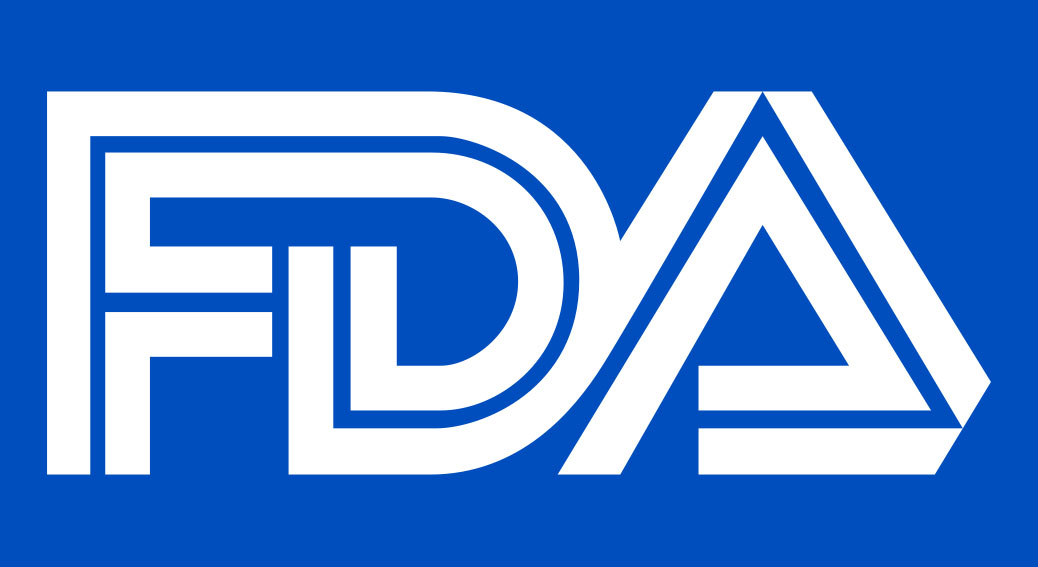This article was updated June 2, 2025. The FDA finalized guidance in 2019 regarding placebos and blinding.

FDA’s Guidance on Placebos:
A placebo is an inactive substance or procedure used in clinical trials to determine whether participant responses result from the actual treatment or occur by chance. Placebos contain no therapeutic ingredients but are used to create a control group for comparison. Participants are often randomly assigned to receive either the placebo or the experimental treatment. In many studies, both participants and investigators are blinded to group assignments.
The U.S. Food and Drug Administration (FDA) states that placebo-controlled designs may be helpful or preferred in specific situations, such as maintenance therapy, add-on trials, adjuvant therapy studies where surveillance is standard care, or when no effective treatment exists.
FDA Finalized Guidance Highlights:
The FDA finalized a six-page guidance in 2019 advising that placebos and blinding should only be used in trials where surveillance is the standard of care. Although not legally binding, the guidance formalizes ethical principles and considerations for sponsors planning placebo-controlled studies. Placebo use is recommended in:
- Randomized trials for oncologic or hematologic conditions.
- Cases where no alternative therapy exists.
- Add-on or adjuvant studies.
- Trials where surveillance is the current standard of care.
Participants should receive a placebo only in addition to standard treatment. The guidance now states that both the investigator and the participant should be unblinded if an adverse event possibly related to the investigational treatment occurs.
Sponsors must justify the use of placebos, especially in cases involving invasive administration, absence of effective treatment, or use of placebo alone. Study protocols should clearly describe blinding and unblinding procedures. If blinding is maintained following an adverse event, the informed consent should explain the risks and provide reasoning.
The final guidance updates a 2018 draft. Originally, the draft proposed only unblinding the participant after an adverse event. The finalized guidance clarifies that both the participant and investigator should be unblinded.
Ethical Concerns:
This guidance underscores ethical concerns around giving placebos to patients when proven treatments are available. Acting FDA Commissioner Ned Sharpless emphasized this by stating that patients with life-threatening diseases like cancer should not receive placebos if effective therapies are already known.

